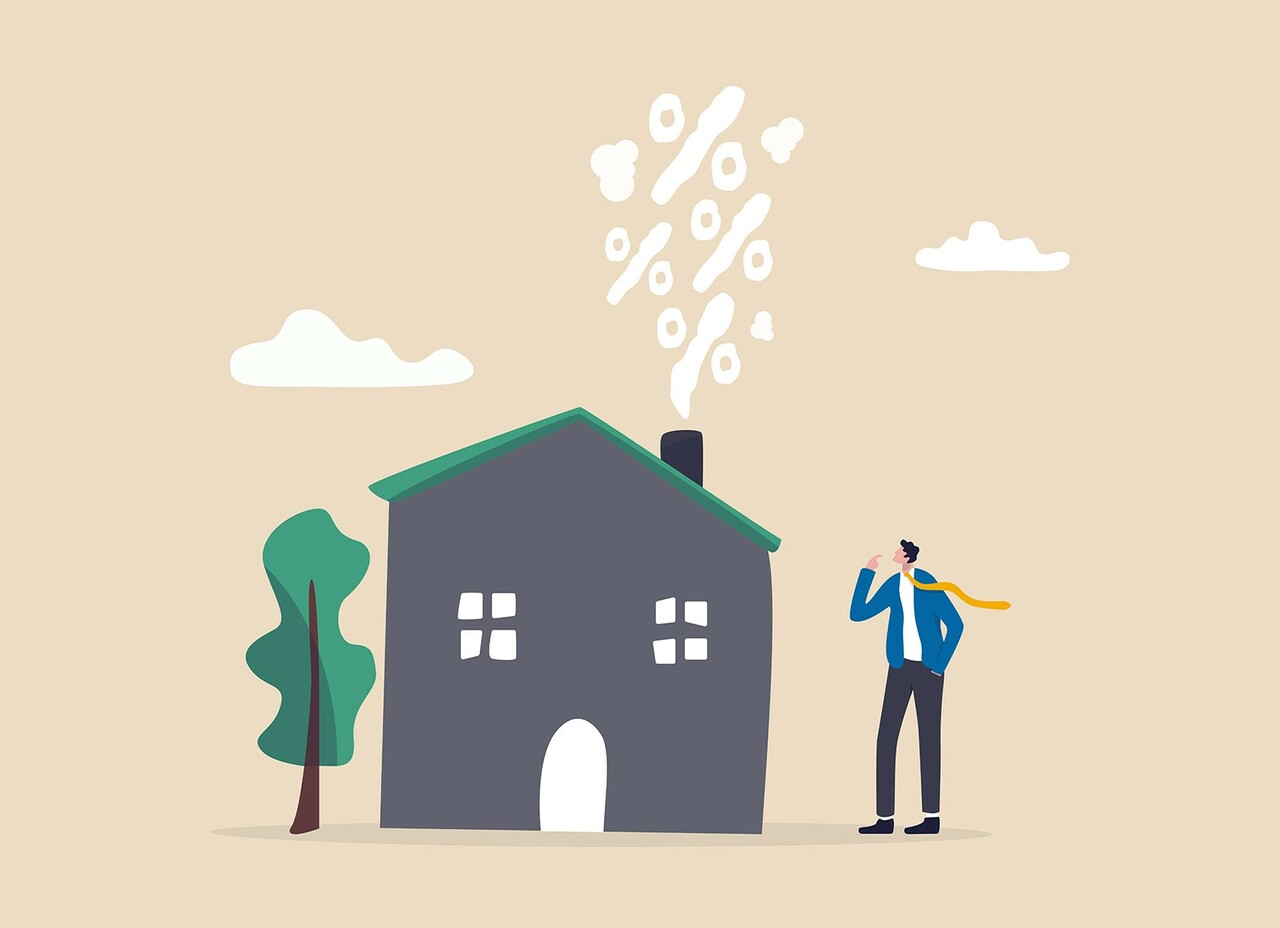Will Interest Rates Rise in 2022?

Interest rates may rise sooner than you think. Here’s what you need to know.
Borrowers have enjoyed record low-interest rates for a considerable time. The cash rate is currently 0.1% and has been since October 2020. To give borrowers even more confidence, the Reserve Bank of Australia has strongly indicated that they probably won’t raise the rate until 2024.
But with house prices soaring and inflation making a comeback, you may not be able to rely on that indication for much longer.
The RBA’s stance isn’t based on an arbitrary date. Rather, it’s based on the inflation forecast. To understand this, you need to know a few things.
The RBA’s target band for inflation is between 2% and 3%. If it’s lower, the bank seeks to stimulate growth, while higher figures trigger the desire to slow things down so that real wages don’t go backwards.
There is a difference between the latest inflation rate (which in January was 3.5%) and the underlying inflation rate. The latter is averaged out over a longer term so that a short-term spike or dip doesn’t lead to drastic measures.
The RBA’s remarks about not hiking rates until 2024 was based on their forecast that the inflation rate wouldn’t rise above the target band until then.
Right now, the underlying inflation rate is 2.6% which is within the target band. However, inflation is rising, which means that the RBA may need to move on rates earlier than predicted.
The question every borrower wants answered is - when?

Interest rates have been low for some time now, but as inflation rises, they may change sooner than you think. The question is, when?
What the banks are tipping
Banks employ experts, whose job it is to forecast when interest rates might rise. Remember, a fixed-rate loan is a bet between you and the bank. They want to know which way rates will go before deciding what interest rate to offer.
Here’s what the Big Four are saying:
The Commonwealth Bank of Australia (CBA) is tipping a 0.15% rise in August 2022, followed by another 0.25% in September 2022 to take the cash rate to 0.5%. Further, CBA head of economics Gareth Aird believes that we’ll see more incremental rises in 2022 and 2023 until we hit 1.25% by July 2023.
On the back of this prediction, the CBA has already hiked their own rates by 0.2%.
National Australia Bank (NAB) also thinks rates will rise, although slightly later. Their prediction is for modest rises starting in November 2022, up to 0.75% by February 2023 and further rises across 2023 and 2024.
NAB has also raised rates by 0.2%.
Westpac is more bullish again, with an early predicted rise in August 2022 and another in October 2022. They’re expecting rates to hit 1.75% by the first quarter of 2024. Westpac were the first big bank to raise rates, increasing them by 0.2% in January 2022.
The highest predictions are coming from ANZ, which has already hiked fixed rates by 0.4% (while cutting its variable loan rate). ANZ senior economics believe that the cash rate could increase as early as September and be at 0.75% by the end of 2022. Their prediction of 2% by the end of 2023 is the highest of all four big banks.

Ready to take out a loan for your dream home? Learn more about different loan structures here. Featured here: Piermont, Attwell Estate, Deanside.
What does it mean for you?
With all this in mind, is now the time to finally fix your rate? If the RBA raises the cash rate, both big and small lenders will follow suit. Borrowers with variable loans will pay more money per month.
If you have a home loan of $500,000 with a current variable rate of 2.29%, your monthly repayments will be $1,921.45. Using the CBA prediction of a 1.15% rise by July 2023, we get a rate of 3.44% - increasing your repayments to $2,228.51. That’s a difference of approximately $300 per month.
On the other hand, a current fixed rate is sitting at about 2.99%, or $2,105.32 per month. It’s more expensive than a variable rate, but will be cheaper if rates rise.
You can make your own calculations using Mortgage Domayne’s helpful tools here.
One option is to split the difference. You can fix part of your loan and keep the other part variable. That way, if rates do rise significantly, you’ll only feel the pain on part of the money owed. If they stay low, your variable loan saves you money. Learn more here.

Despite being more expensive per month, if interest rates rise, a fixed-rate loan may be the safer option. Learn more here.
Before making a decision, it’s wise to get financial advice. Get in touch with our in-house construction finance specialists. They’ll help you apply for a home loan and advise you on how to structure it to meet your goals.
